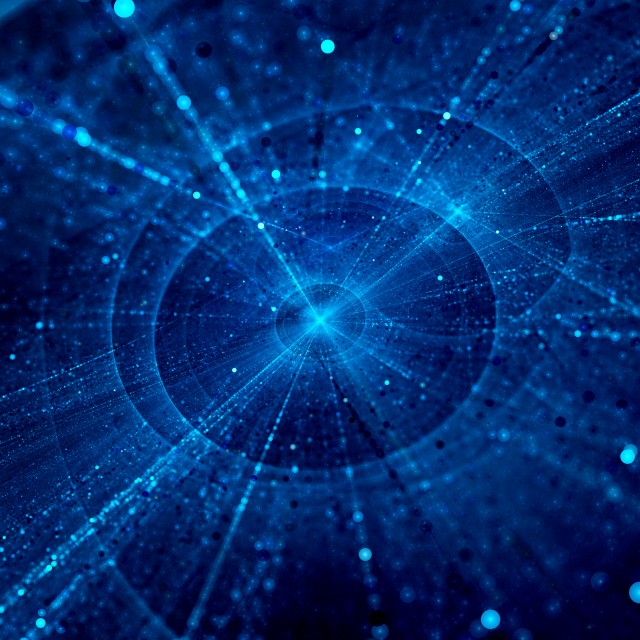Join Assistant Professor Thomas E. Roth of Purdue University on Thursday, September 14th from 10:00 – 11:00 am in 260 Dreese Laboratories for a talk about, “High-Fidelity Numerical Modeling Methods for Designing Superconducting Circuit Quantum Information Technologies”.
Superconducting circuit devices are one of the most mature hardware platforms for developing quantum information technologies, but significant engineering advances are needed for them to reach their revolutionary potential in many applications. As these devices become increasingly sophisticated, high-fidelity numerical modeling methods are becoming vital tools to continue improving system performance. In this talk, participants will first be introduced to the details of a novel field-based description of superconducting circuit quantum devices useful for developing such high-fidelity numerical models. They will then be shown how to use this approach to compute the spontaneous emission rate of superconducting qubits and how this formalism can be used to integrate domain decomposition concepts with numerical mode decomposition methods to more intuitively and efficiently analyze complex devices. Finally, discussion on self-consistent semiclassical modeling approaches for superconducting circuit quantum devices that treat microwave fields classically and qubits quantum mechanically and show how these methods can efficiently characterize the fidelity of state control and readout of transmon and fluxonium qubits.

Thomas E. Roth, Assistant Professor in the Elmore Family School of Electrical and Computer Engineering, Purdue University
Thomas E. Roth is an Assistant Professor in the Elmore Family School of Electrical and Computer Engineering. He received all his degrees in electrical and computer engineering, with the B.S. degrees from Missouri University of Science and Technology and the M.S. and Ph.D. degrees from the University of Illinois at Urbana-Champaign. Prior to joining Purdue, he was a Senior Member of the Technical Staff at Sandia National Laboratories in the Radar Electromagnetics & Sensor Technologies department where he was named a 2019 Up & Coming Innovator. He is the recipient of Young Scientist Awards at the 2023 Photonics & Electromagnetics Research Symposium and the URSI International Symposium on Electromagnetic Theory 2023 (1st place), as well as the 2023 Ruth and Joel Spira Outstanding Teacher Award at Purdue University. His research focuses on multiscale and Multiphysics computational electromagnetics techniques, particularly for analyzing quantum information processing devices.

